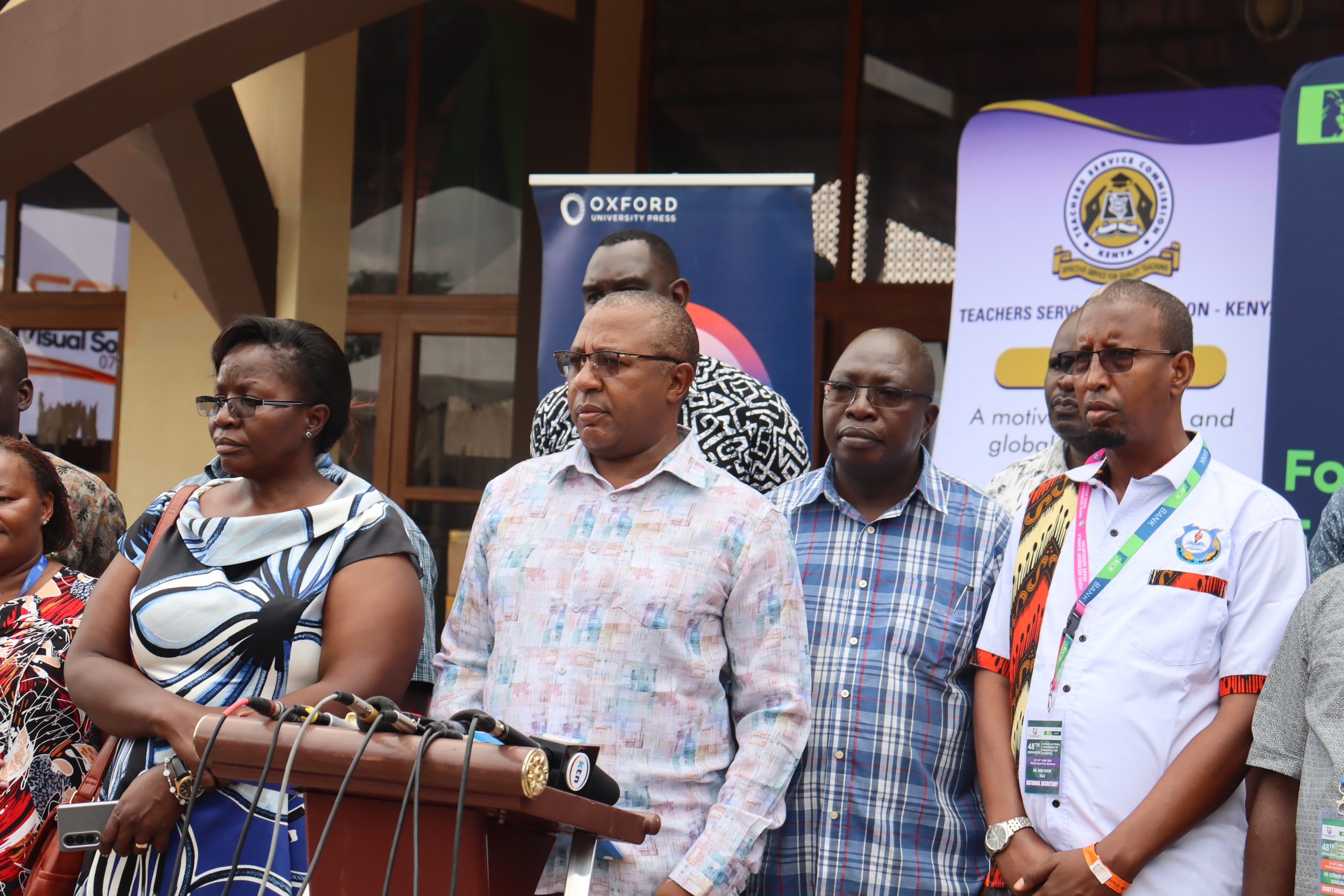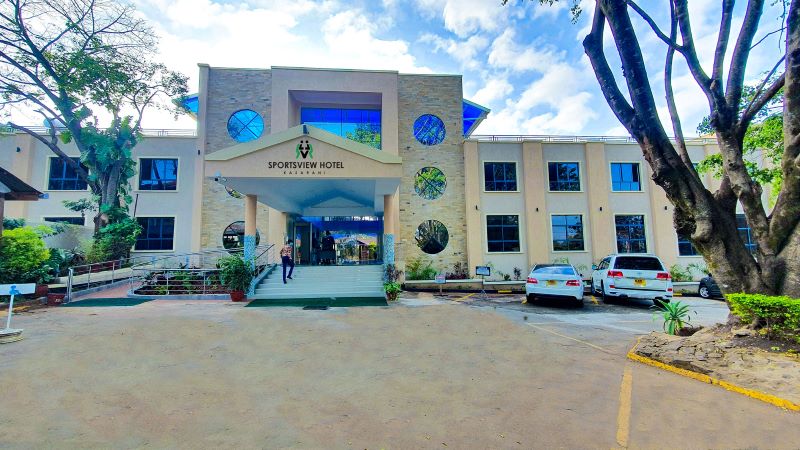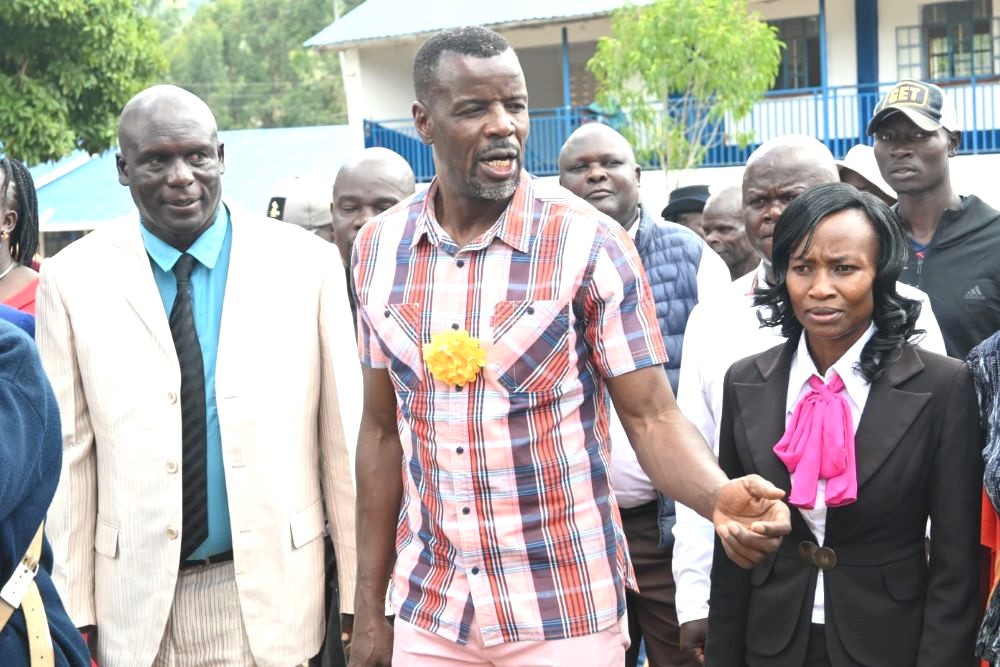Secondary school principals have defended the use of activity fees, arguing that the Ksh 140 government capitation per student is too little to fund co-curricular activities.
The remarks were made at the ongoing 48th KESSHA National Conference in Mombasa, as the issue emerged as a key point of contention between school heads, MPs, and education officials.
Speaking during the summit, KESSHA Chairman Willie Kuria explained that the capitation fund is distributed across various administrative levels, leaving only Ksh 25 in the hands of individual schools.
“Out of the Ksh 140, only Ksh 25 remains in the school,” said Kuria. “Ksh 85 goes to Sub-County coordination, Ksh 20 to Sub-County offices, and Ksh 10 to the regional branch.”
He said principals are being wrongly accused of diverting funds, while in reality, they are forced to raise extra activity fees from parents to sustain events such as sports competitions, drama, and music festivals. These activities, he emphasized, are not optional but part of the curriculum under the Competency-Based Education system.
ALSO READ:
Chancen International to pay tuition fee to 6,000 TVET students in Kenya
However, the PS for Basic Education, Dr Julius Bitok, warned that some schools are operating outside the law by maintaining unauthorized bank accounts for managing activity funds.
“It is illegal for school heads to manage or run unauthorized fee accounts,” said Dr Bitok. “All school funds must be accounted for through formal and approved structures.”
He called on KESSHA leadership to work with the Ministry of Education to streamline how such funds are collected and used, to avoid misuse and ensure full compliance with public finance rule
The matter was also discussed by members of Parliament, who raised concerns over transparency and accountability in the management of school money. Legislators accused some school heads of spending capitation funds on KESSHA-related events or personal allowances.
ALSO READ:
KUCCPS opens online application for KMTC September 2025 intake
“We are not against activity fees, but we must see clear rules on how they are managed,” said an MP from the Education Committee.
In response, principals maintained that unless the government increases the official capitation amount, schools will continue to rely on additional contributions to sustain programs that are critical to holistic learning.
By Benedict Aoya
You can also follow our social media pages on Twitter: Education News KE and Facebook: Education News Newspaper for timely updates.
>>> Click here to stay up-to-date with trending regional stories
>>> Click here to read more informed opinions on the country’s education landscape






